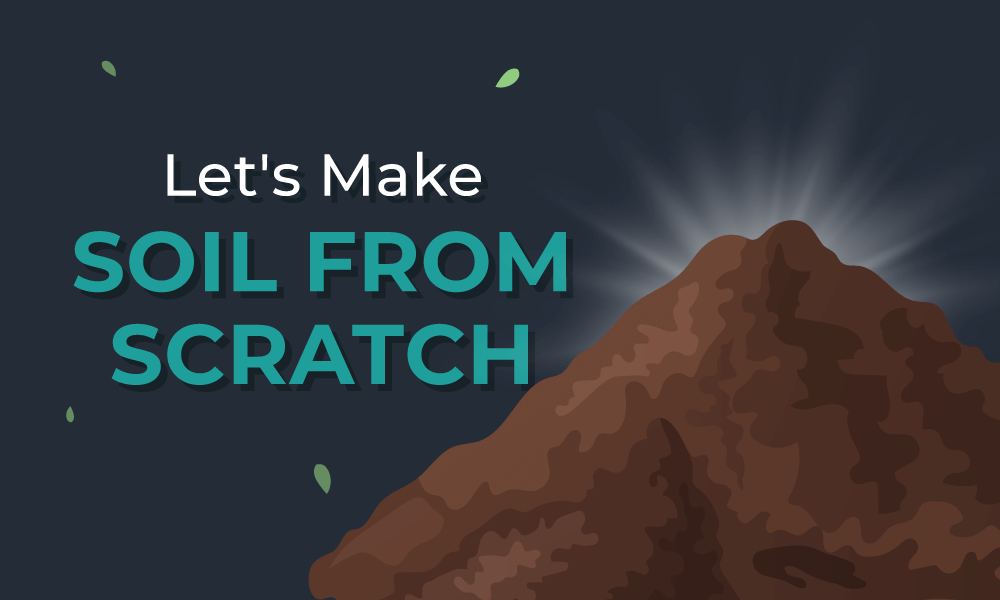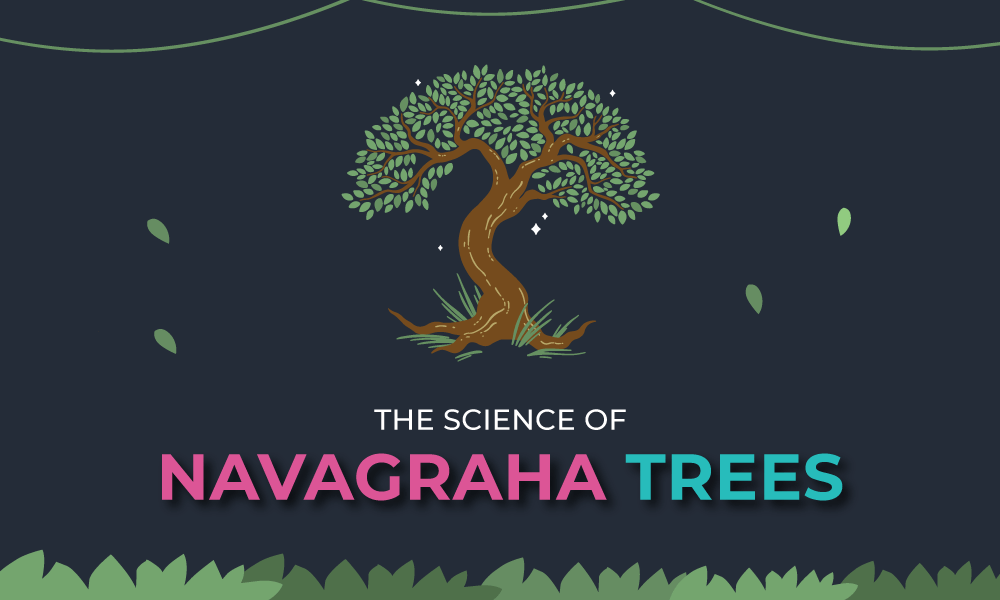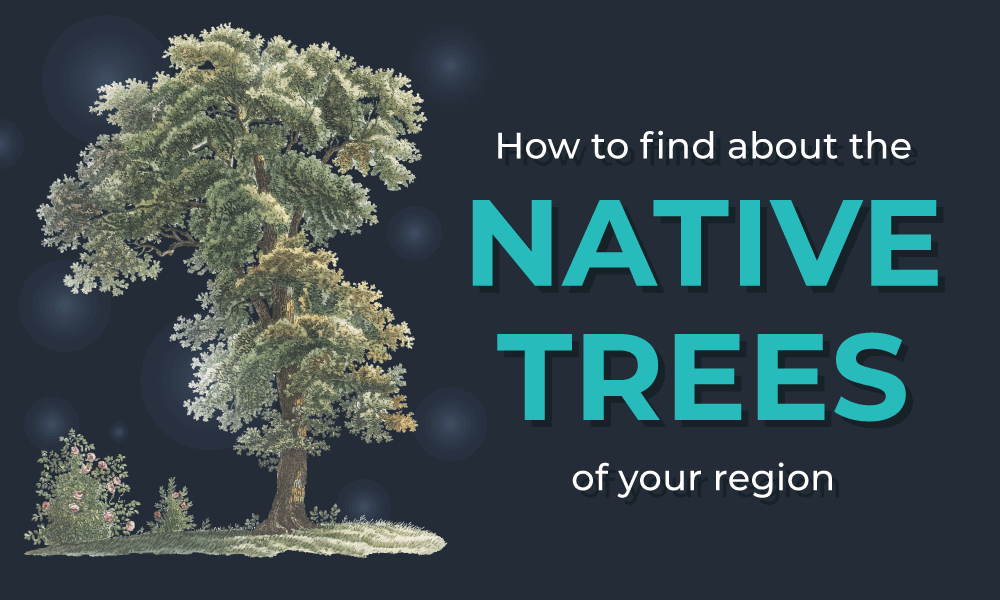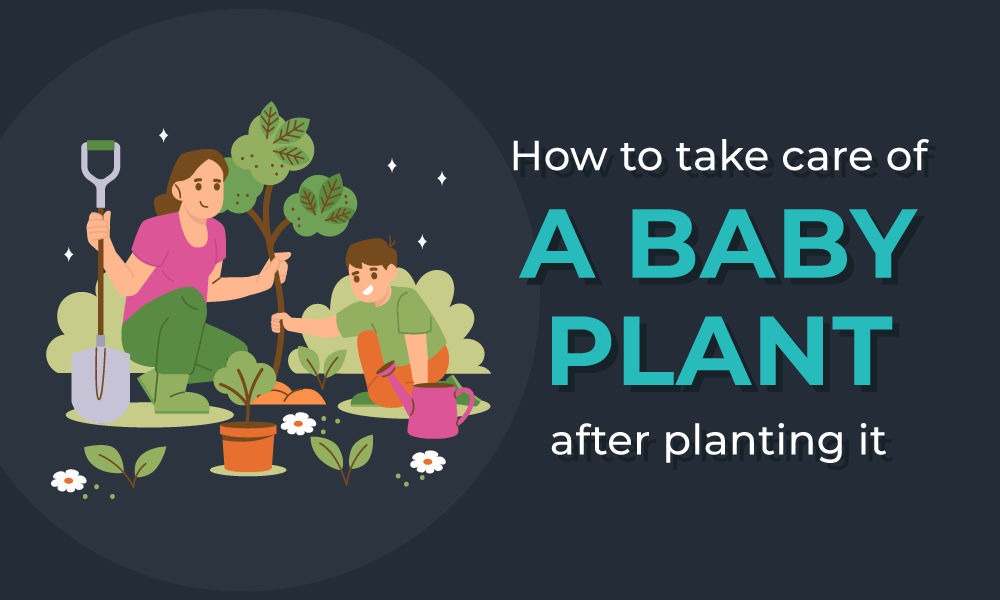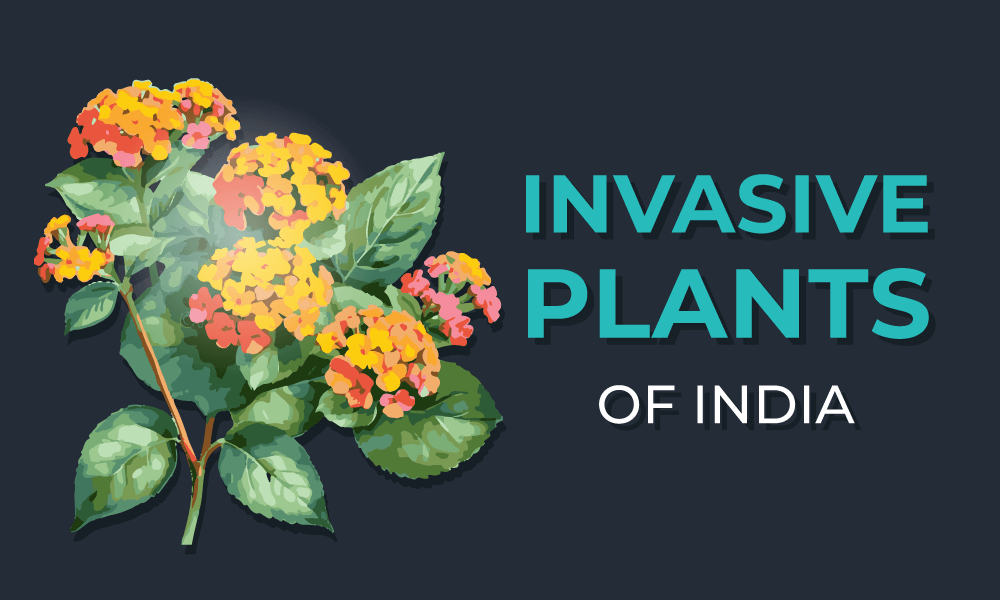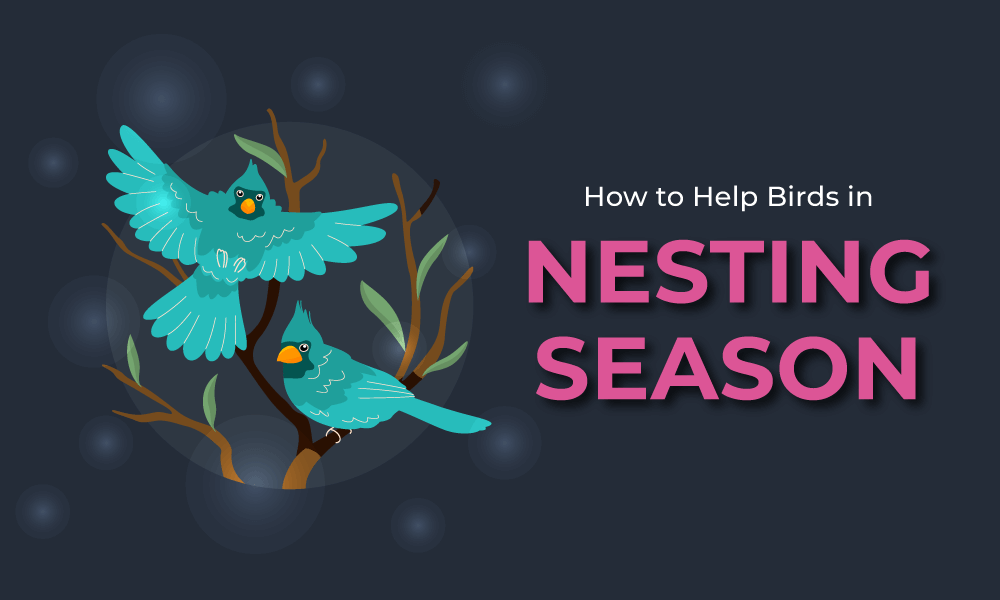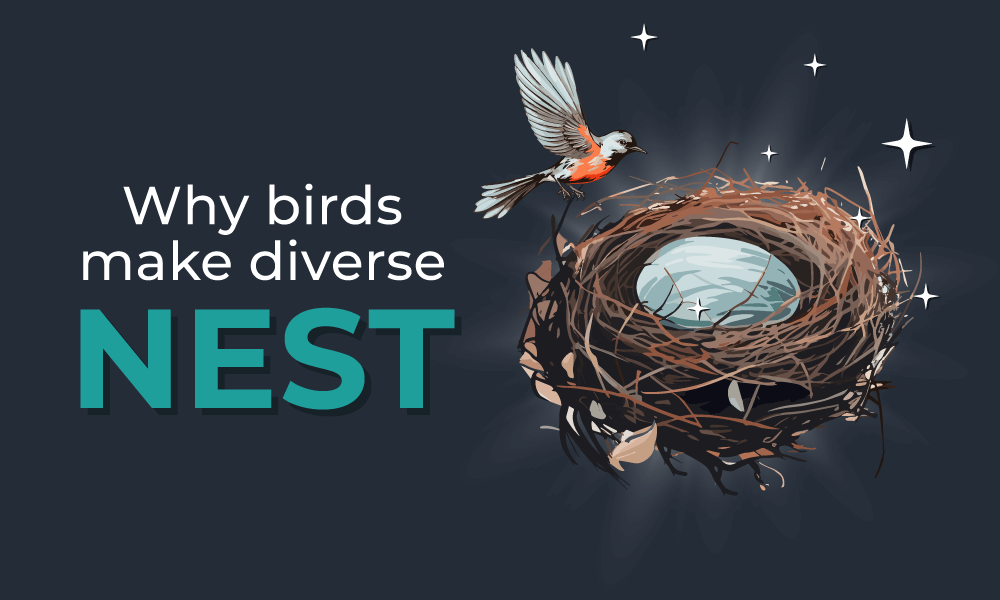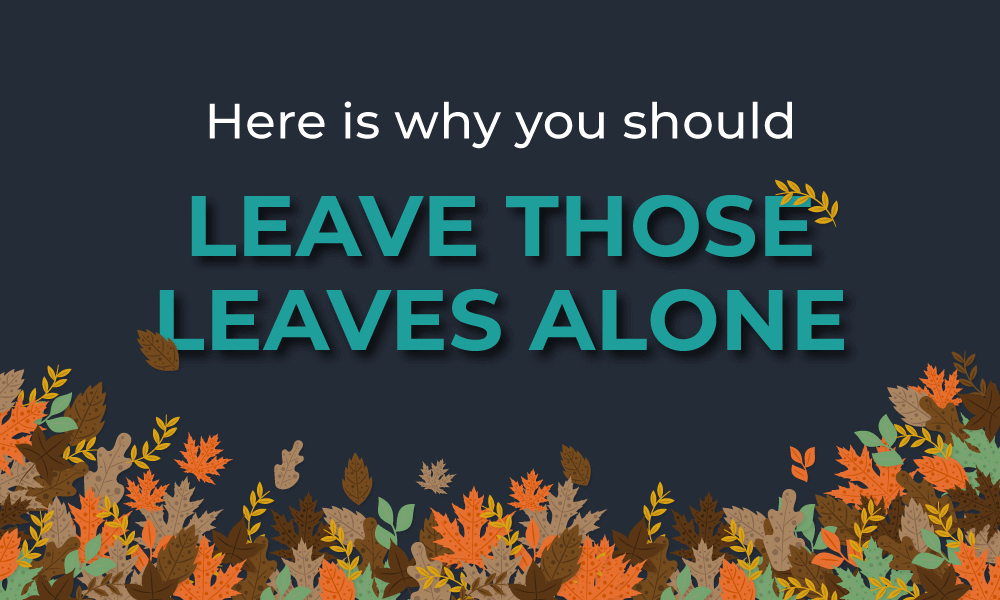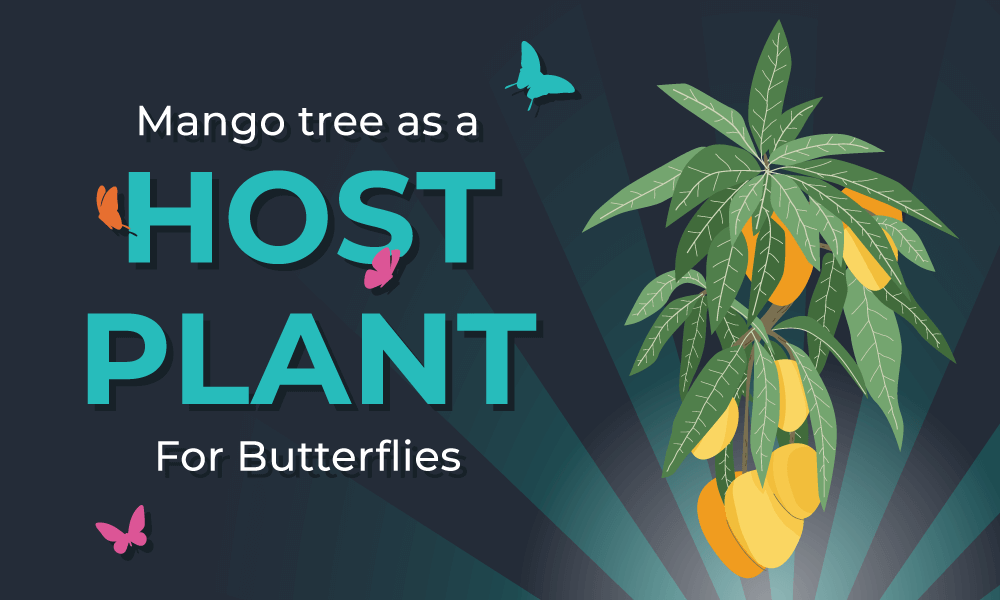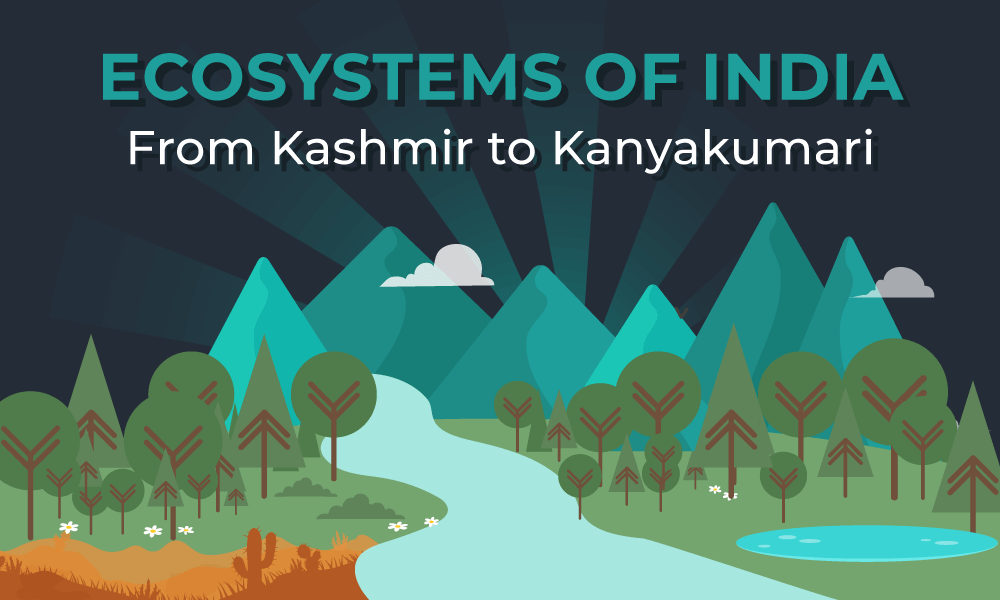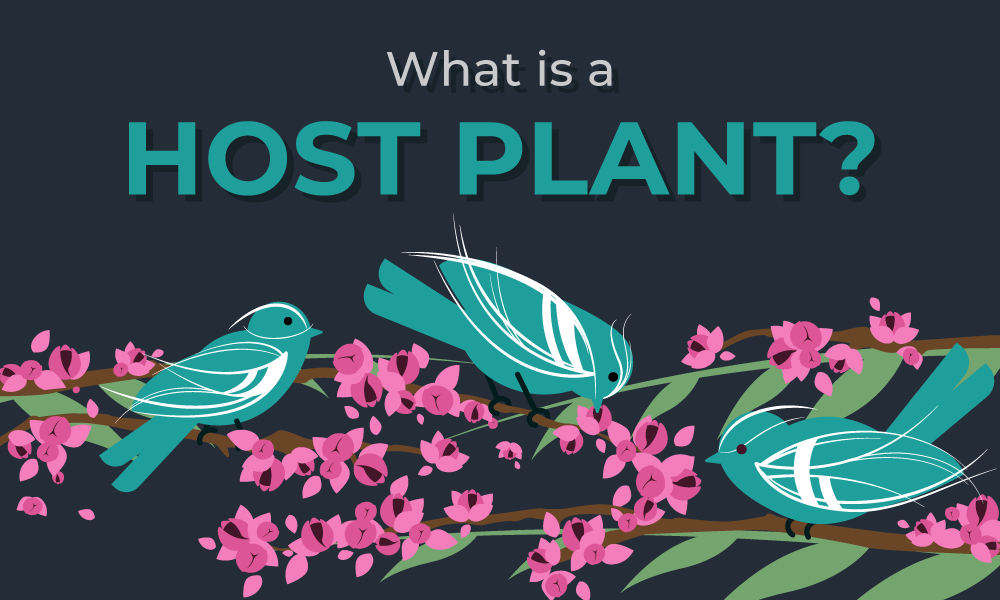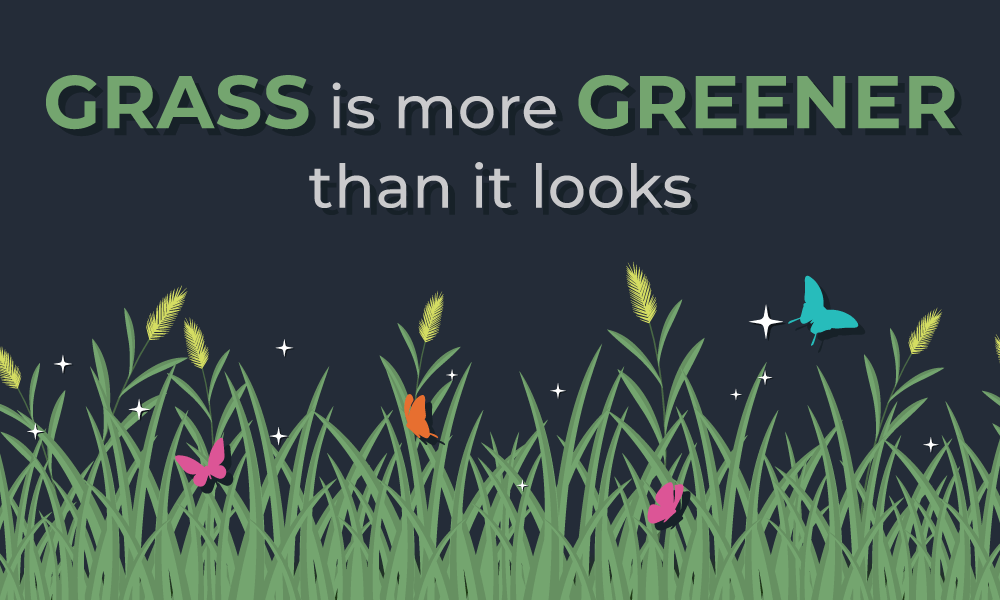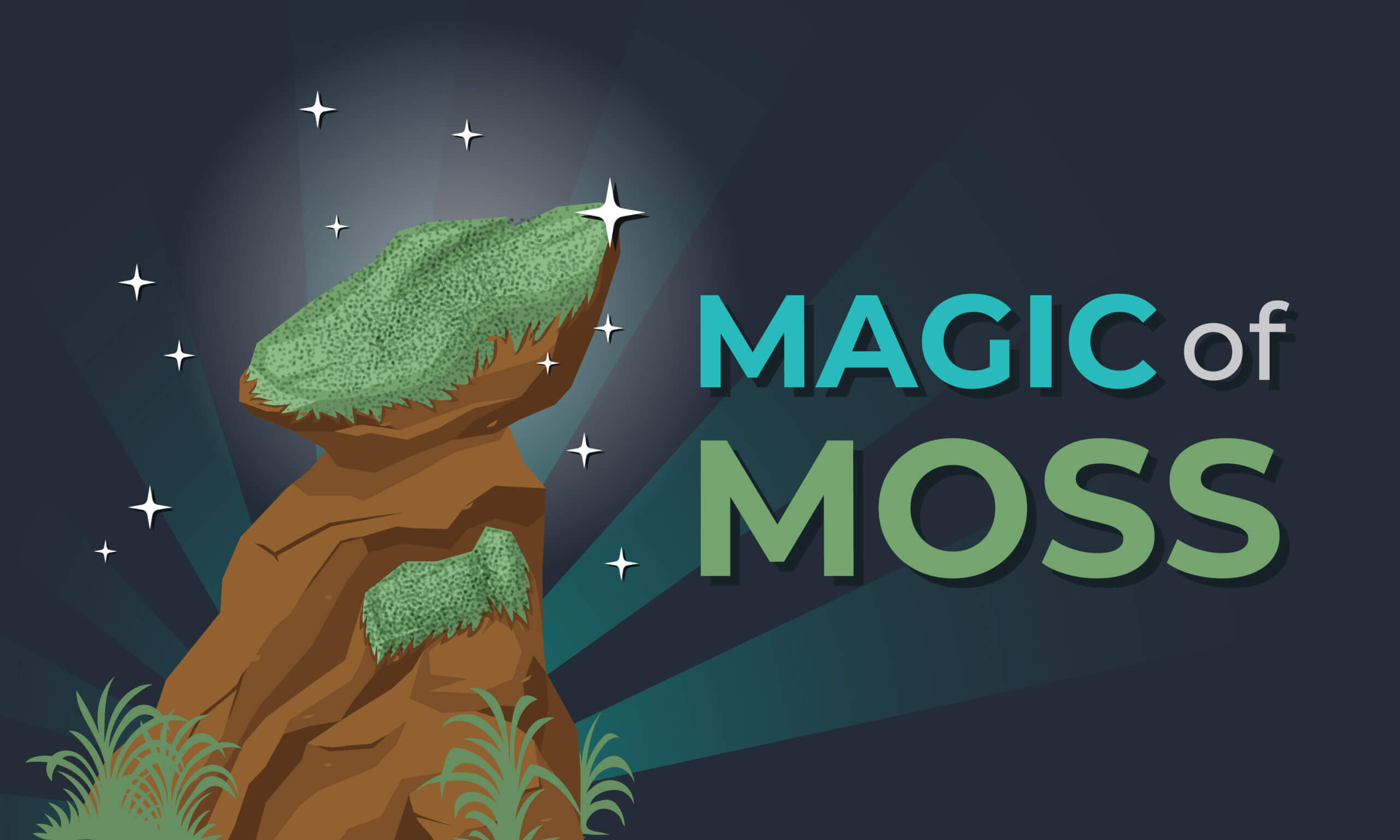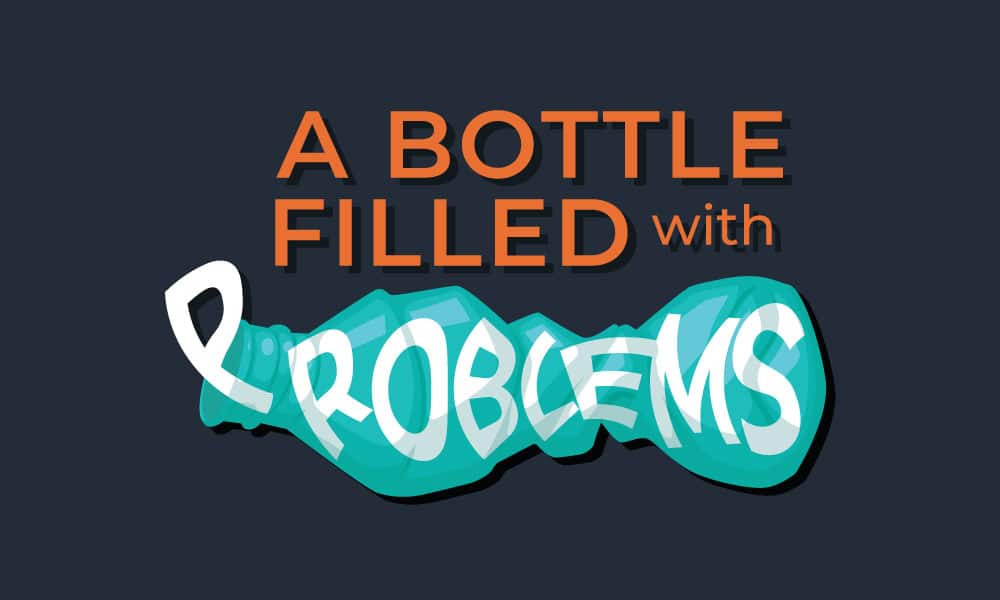What if I told you, that from all your kitchen waste you can create one of today’s most important materials? Yes, this method is called composting, in this process, all the organic stuff such as leaves and food waste (vegetable and fruit peels) turn into soil.
It might sound like some big scientific process but it’s way more simpler than you can even imagine. With just in few simple steps, you will be able to get rid of all of your kitchen and garden waste plus improve the quality of the soil around you. So Let’s make soil from scratch.
What is Compost?
Composting is a process in which we recycle organic materials. But what exactly is an organic material? Organic matter is all the living or dead plant and animal material. For example vegetable and fruit peel, leftover vegetables and fruits, leaves, dried grass or plant, eggshell and many more. And when these materials decompose properly, we end up with compost what we also call black gold.
It is a very nutrient-rich material that looks exactly like dirt. When we add this to the soil, it improves the quality of the soil.
The broken cycle of soil
In nature, this process is happening all the time and all over the planet.
All the leaves and bark that fell from the tree, where do you think it goes? It just turns into soil. So does everything from fruits to wood. That is how the earth never runs off the soil. But this is now changing and in the current time, we are even running out of soil. In just a couple of decades we might not have enough amount of soil to grow food for the entire population that might sound very alarming but what is more shocking is that we can easily fix it by learning the process of composting.
How Composting Works
Organisms that break down organic waste need four important things to survive and thrive. These are water, air, nitrogen (green waste mostly kitchen waste), and carbon. (brown stuff like leaves, sticks, bark and all).
Nitrogen (Greens)
Nitrogen is one of the fundamental building blocks of life and is required for the growth and reproduction of plants and animals.
If you have a lot of greens in your compost pile, the organisms that break down the organic matter will be able to thrive and reproduce more quickly. Fresh grass, vegetable peeling, fruit waste, and tea are some examples of household greens you may add to your home compost pile.
Carbon (Browns)
Carbon is another necessary compound for all life forms, carbon serves as a food supply for decomposers, keeping them alive as they decompose organic matter. Dead leaves, branches, twigs, and paper are examples of common browns that can be added to a compost pile.
Since all materials that can be composted contain carbon and varying amounts of nitrogen, the key to making good compost is to use the right mix of materials to get the best ratio of carbon to nitrogen and to maintain the right amount of air and water.
Your pile will get drier and take longer to decompose if it contains too much carbon-rich stuff. Compost piles with high amounts of nitrogen-rich material (kitchen waste) are more likely to be slimy, wet, and stinky.
Finally, decomposers, like all living things, require air and water to survive. Make sure your compost system has the correct amount of air and water to enable a quicker home composting process.

How to do it?
- Take an old plant pot or any bucket or any plastic bag or any container.
- First, put some soil in the bottom, this will add all the organisms we need to start our composting.
- Now add kitchen waste and pour some soil over it.
- Now add some brown stuff to make it a perfect ratio.
- Cover it with the soil, it will trap all the smell inside.
- At last, just sprinkle some water over it and it’s done!!
Just put this in some corner for 1-2 months and your soil will be ready, you can keep adding layers to it, before doing that mix all the bottom stuff nicely. Don’t forget to cover the last layer with soil, that way it will never stink.
Read more :: Why You Should Leave Those Leaves Alone
If you have some suggestion on which we should write or you have any query and something else you can contact us. Please do share this blog with your family, friends, and others so they can all learn about Let’s Make Soil From Scratch

